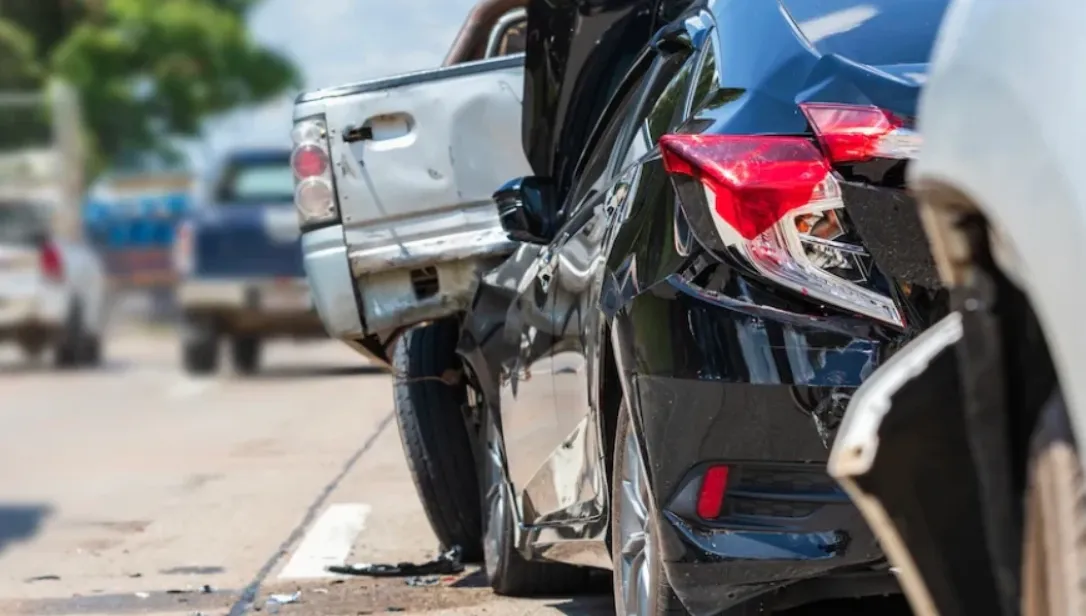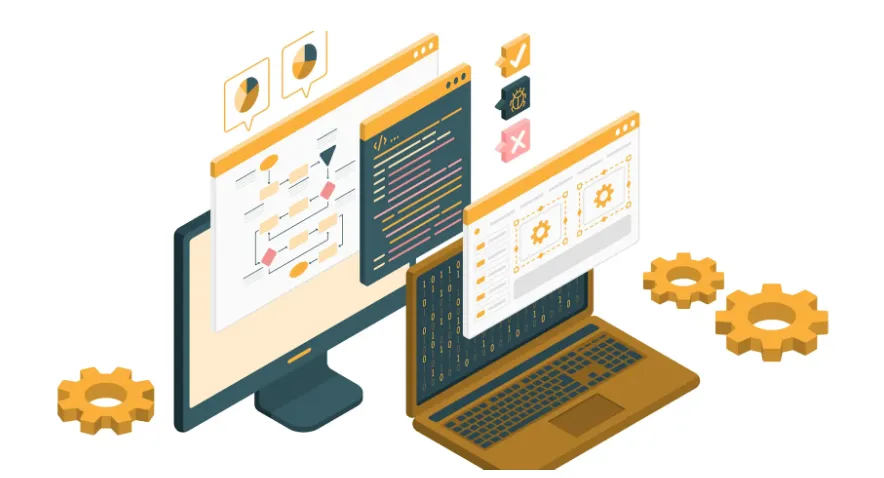Accidents can leave us disoriented and unprepared. This blog post outlines essential steps to take after a car accident, from immediate actions at the scene to dealing with insurance and seeking legal help. It offers valuable insights for both drivers and personal injury lawyers to ensure safety, protect legal rights, and improve claim success.
Contents
Initial Steps After an Accident
Ensure Safety and Check for Injuries
The first priority after a car accident is ensuring everyone’s safety. Turn on your hazard lights to alert other drivers and, if possible, move your vehicle to the side of the road to prevent further collisions. Check yourself and your passengers for injuries and call 911 if anyone needs medical attention.
Even if injuries seem minor, it’s essential to seek medical help. Some injuries, like whiplash, may not be immediately apparent but can become problematic later.
Document the Scene
Once safety is ensured, document the accident scene. Take clear photographs of the vehicle damage, license plates, and the surrounding area. Capture different angles and include any skid marks, road conditions, or traffic signs that might be relevant.
If there are witnesses, ask for their contact information. Their statements can provide crucial support for your case later.
Exchange Information
Exchange contact and insurance information with the other driver(s) involved. This includes names, phone numbers, addresses, license plate numbers, and insurance policy details. Be polite and cooperative, but avoid admitting fault or discussing the accident’s specifics extensively.
Legal Obligations and Rights of Drivers
Understand Your Legal Obligations
Drivers have specific legal obligations following an accident. These include stopping at the scene, providing aid if necessary, and reporting the accident to the police. An auto accident lawyer, like those in Salt Lake City, can provide guidance on fulfilling these obligations. Failure to do so can result in legal consequences.
In many jurisdictions, you must report the accident to the police if there are injuries, fatalities, or significant property damage. It’s a good practice to make this report even if it’s not legally required, as an official record can be beneficial later.
Know Your Rights
Drivers also have rights that they should be aware of after an accident. You have the right to gather evidence, seek legal counsel, and receive compensation for damages if the other party is at fault. Understanding these rights can help protect you from exploitation and ensure fair treatment.
It’s also important to understand the rights of other parties involved, as this knowledge can help you interact appropriately and avoid unnecessary conflicts.
Dealing with Law Enforcement
When law enforcement arrives, provide them with accurate information about the accident. Avoid speculating or admitting fault. Stick to the facts and answer questions honestly. Request a copy of the police report, as it will be a critical document for insurance claims and any legal proceedings.
Dealing with Insurance Companies
Notify Your Insurance Company
Contact your insurance company as soon as possible after the accident. Provide them with all necessary information and documentation, including the police report, photos, and witness statements. Be honest and thorough in your description of the accident.
Your insurance company will guide you through the claims process, but it’s important to stay proactive and follow up regularly to ensure your claim is being handled appropriately.
Understand Insurance Adjusters
Insurance adjusters will investigate the accident to determine the extent of damages and who is at fault. While they may seem friendly, remember that their primary goal is to minimize the payout from the insurance company. Provide them with the information they need, but avoid unnecessary chit-chat that could be used against you.
You have the right to question their findings and request a second opinion if you disagree with their assessment. Don’t hesitate to seek legal advice if you feel the settlement offer is unfair.
Strategies for Dealing with Insurance Companies
When dealing with insurance companies, remain calm and professional. Keep detailed records of all communications, including dates, times, and the names of representatives you speak with. This can help if there are disputes or delays in processing your claim.
Consider negotiating for a higher settlement if the initial offer doesn’t cover your expenses adequately. Having a personal injury lawyer can be beneficial during this process, as they can negotiate on your behalf and ensure you receive fair compensation.
The Role of Personal Injury Lawyers
When to Seek Legal Assistance
Not every accident requires the involvement of a personal injury lawyer, but their expertise can be invaluable in certain situations. Seek legal assistance if:
- There are significant injuries or fatalities.
- Liability is unclear or disputed.
- The insurance company is uncooperative or offers a low settlement.
- You face legal action from the other party.
A personal injury lawyer can provide guidance, handle negotiations, and represent you in court if necessary.
How Personal Injury Lawyers Can Help
Personal injury lawyers specialize in handling accident cases and can offer several benefits:
- Expertise: They understand the legal system and can navigate complex processes efficiently.
- Negotiation Skills: Lawyers can negotiate with insurance companies to ensure you receive fair compensation.
- Representation: If your case goes to court, a lawyer can represent you and advocate for your rights.
Choosing the Right Lawyer
When selecting a personal injury lawyer, consider their experience, reputation, and success rate in handling similar cases. Schedule consultations with a few lawyers to discuss your case and choose one who makes you feel comfortable and confident.
Conclusion
Understanding how to handle a car accident is crucial for both drivers and personal injury lawyers. By following the step-by-step approach outlined in this blog post, you can ensure safety, protect your legal rights, and improve your chances of a successful claim.









